Physical Address
304 North Cardinal St.
Dorchester Center, MA 02124
Physical Address
304 North Cardinal St.
Dorchester Center, MA 02124
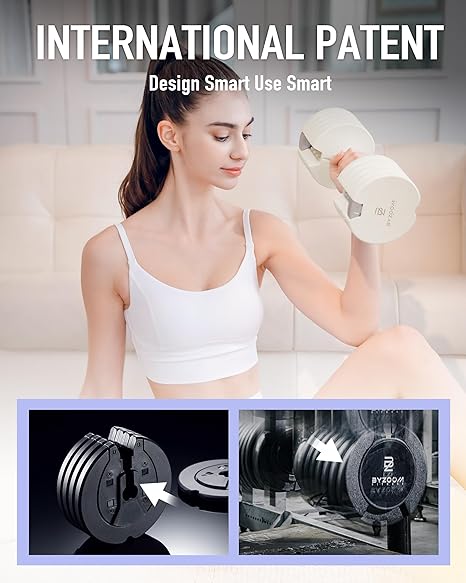
Jump to:
Childbirth is a monumental event, a profound act of creation that leaves an indelible mark on a woman’s body and spirit. While the focus often shifts to the new arrival, the mother’s journey of recovery and adaptation is equally significant. The postpartum period is a time of immense change, both physically and emotionally, and navigating the path back to fitness requires patience, self-compassion, and a gentle approach. According to the American College of Obstetricians and Gynecologists, a gradual return to physical activity after childbirth is crucial for both physical and mental health. This isn’t about bouncing back to a pre-pregnancy body overnight; it’s about honoring the incredible work your body has done and slowly, mindfully, rebuilding strength and stamina. Think of it as tending to a magnificent garden after a bountiful harvest—careful cultivation yields lasting beauty.
Beyond the aesthetic, engaging in appropriate postpartum fitness offers a wealth of benefits. It can alleviate common discomforts like back pain, improve energy levels, reduce the risk of postpartum depression, and enhance overall well-being. A 2024 study published in the Journal of Women’s Health found that new mothers who engaged in moderate physical activity reported a 30% reduction in symptoms of anxiety and depression. The twist? It’s not just about burning calories; it’s about nurturing your mental and emotional resilience. Just as a well-oiled machine operates more efficiently, a body that is gently strengthened and nourished can better handle the demands of new motherhood.
Important: Always consult your healthcare provider before starting any routine—especially after a C-section or complications.
Helpful tool: A smart Kegel trainer can coach correct technique and track progress—ideal for short, gentle sessions while you heal. Always confirm pelvic floor devices with your provider postpartum.
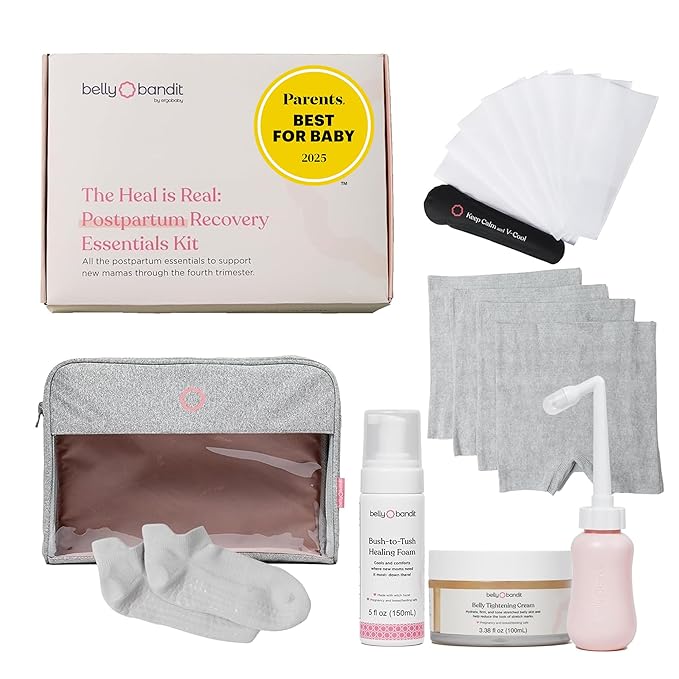
Optional support: A structured postpartum wrap can remind your core to engage and support your back during daily tasks. Use lightly and discontinue if uncomfortable.
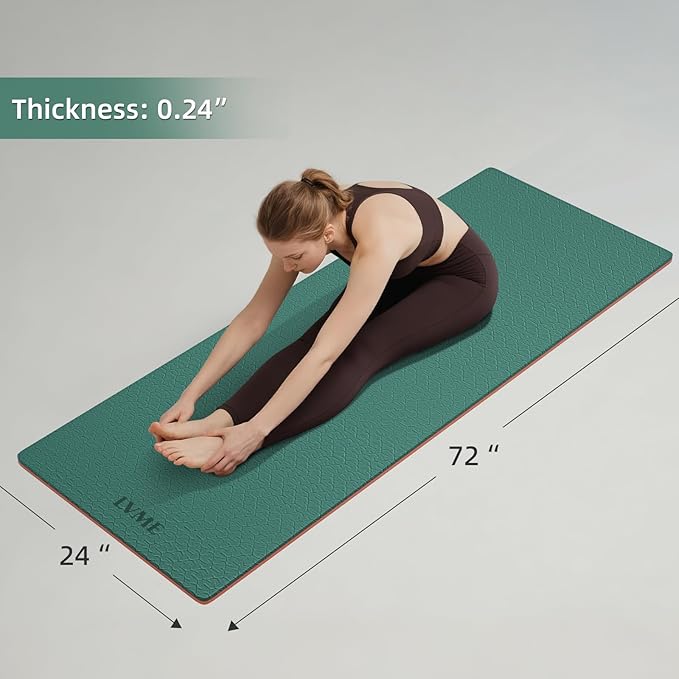
Comfort matters—an extra-cushioned mat protects tender joints for breathing work, stretches, and floor routines
Exercise alone isn’t enough. Fuel recovery, stable energy, and (if applicable) milk production with nutrient-dense choices:
Your postpartum body is powerful—and healing. Respect signals: stop if it hurts; rest when tired. This is not a time to push limits but to nurture a steady return to strength. Like a master chef reading ingredients, learn your body’s cues during this transformative period. Prioritize rest, even if it means letting some things go. Your well-being is paramount.
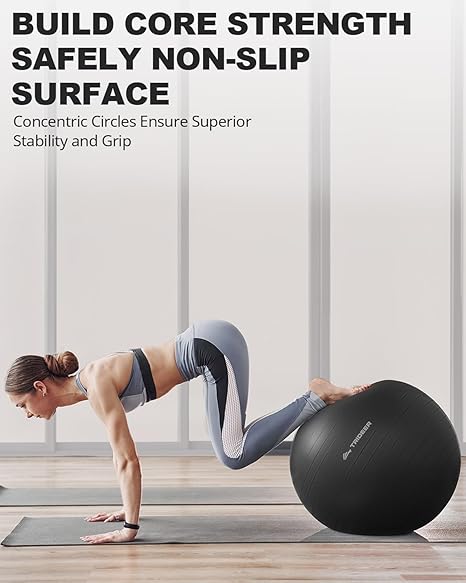
A stability ball adds gentle core activation (think pelvic tilts and seated breathing). Stop if anything feels off.
Generally, after an uncomplicated vaginal delivery, you can start gentle activity—like walking and pelvic floor work—a few days after birth, or when you feel ready. After a C-section, many providers recommend waiting 6–8 weeks or until cleared. Always follow your clinician’s advice.
Warning signs include increased pain, persistent fatigue, heavy bleeding (heavier than a normal period), dizziness, or shortness of breath. Scale back and rest if you experience these.
Yes. Regular, moderate activity is associated with reduced symptoms of postpartum depression and anxiety. It releases endorphins and can restore routine and confidence.
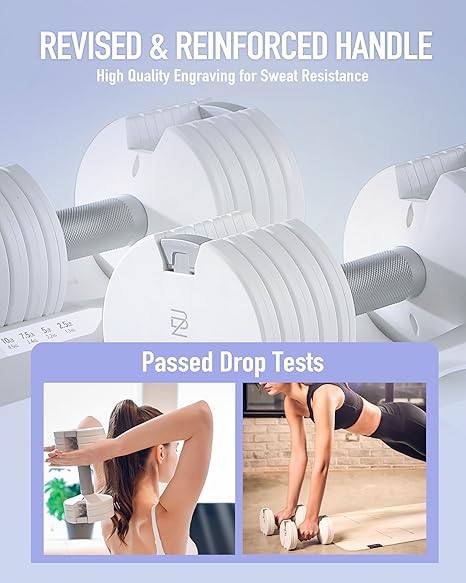

When ready, progress to light dumbbells for simple moves like rows and supported squats—focus on form, not load.
Start small: 10–15 minute walks count. Include your baby—stroller walks, mat exercises nearby, or short bursts between feeds and naps. Consistency beats intensity.